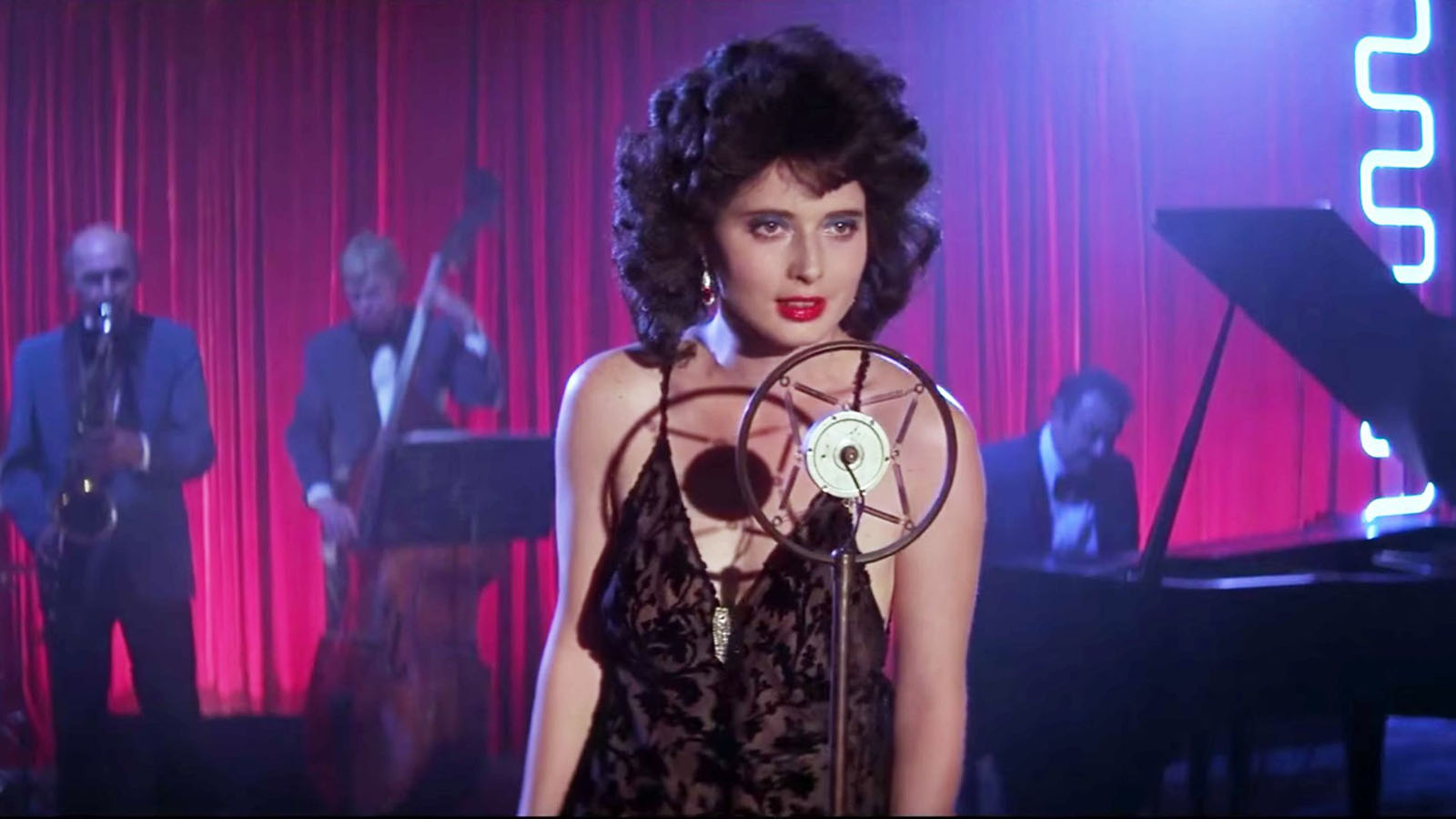“This Is Peachy Keen!”

Movie talk this week has been dominated by a single title, Once Upon a Time in . . . Hollywood. Quentin Tarantino and his team have been giving their all to make it topic #1, giving interviews left and right, putting together a playlist, and posting an online magazine. The movie itself, though, has proven more than able on its own to suck all the air out of the room. In the New York Times, A. O. Scott’s review is accompanied by a pop culture glossary, two articles on the historicalbackground, and another on that controversial ending. Reviews have ranged from Jonathan Rosenbaum’s severe pan to Justin Chang’s heartfelt praise, and wandering somewhere in between, K. Austin Collins weighs his occasionally conflicting but always insightful thoughts. If you’re inclined to spend another hour thinking about Hollywood, tune into this week’s Film Comment Podcast.
Meantime, New York’s Film Forum has announced a program of twenty-five double features selected by Martin Scorsese and critic and screenwriter Jay Cocks. As Scorsese puts it, “two films back-to-back start a dialogue, and they illuminate each other. That’s how Jay and I have been watching movies together for fifty years now.” The series opens on August 16 and runs through September 5.
The New York Film Festival has added Edward Norton’s Motherless Brooklyn, an adaptation of Jonathan Lethem’s novel, as the closing night film of this year’s edition (September 27 through October 13), and the San Sebastian Film Festival added seven titles to its competition today, including Zeroville, James Franco’s adaptation of Steve Erickson’s novel; Guillaume Nicloux’s Thalasso, with Michel Houellebecq and Gérard Depardieu; and Ina Weisse’s The Audition, with Nina Hoss. The festival’s sixty-seventh edition runs from September 20 through 28.
Some reading to take into the weekend:
- Mariano Llinás’s La flor is opening in New York today before heading out to other parts of the country. If you’re still on the fence as to whether to commit to a fourteen-plus-hour film, Mike D’Angelo’s review for the A.V. Club is a pretty solid briefing on what to expect. Writing about films of “patience-taxing duration” for the Baffler, Nick Pinkerton suggests that they have their “own ideological aspect; faced with a distribution system that has standardized runtimes, within a certain range that can maximize daily showtimes and therefore profits, these are films that opt out . . . Imprisoning one’s self with a film, one is thrown back on one’s own resources, and the results may be enlightening.”
- With the Abbas Kiarostami retrospective rolling on in New York for another two weeks and opening today in Berkeley, the New Yorker’s Richard Brody suggests that “there’s something curious, even paradoxical, about Kiarostami’s career, and the retrospective’s program offers a rare opportunity to probe its mysteries.” Taken as a whole, the series “shows the gradual accretion, combination, and ripening of the elements and themes that would form his art, as well as the surprising influence of large-scale historical events on his style.”
- In Rick Alverson’s The Mountain, Jeff Goldblum plays a traveling lobotomist, and as he tells Sarah Nechamkin in Interview, “I was trying to gather what pulse this movie was about from the start, and halfway through I found this book by Kurt Andersen, Fantasyland: How America Went Haywire.” For Filmmaker, director Michael Tully talks with Alverson about what Tully calls his “polarizing” work. “We’re subject to manipulations of form because we’re increasingly ignorant of form,” says Alverson. The Mountain “pushes us to deal with the material itself, the form, and to speculate about the shifts. It’s kind of a creative partnership with the audience, whether they like it or not.”
- When was the last time you treated yourself to an all-out rant? Amanda Kramer, whose Ladyworld is opening in Los Angeles today, unleashes hers at the Talkhouse with a question: “Could movies possibly be any less cool than they are right now, and could they possibly look any uglier?” She anticipates your objections, dismisses them, and then takes on lens flare, establishing shots, color correction, and more.
- The Believer’s new music issue is out, and it features Frances Badalamenti’s interview with her uncle, composer Angelo Badalamenti. He’s worked with directors Walter Salles, Paul Schrader, Danny Boyle, Jane Campion, Neil LaBute, and Jean-Pierre Jeunet, but of course, he’s best known for one wholly unique collaboration. “It is quite obvious that there is only one David Lynch,” he tells his niece. Lynch and Badalamenti met during the making of Blue Velvet (1986) when the latter worked with Isabella Rossellini on a recording of the title song. “We brought [Lynch] the cassette tape,” he recalls. “He put on his earphones and right away said, ‘That’s the ticket! This is peachy keen!’ I had to ask the line producer what peachy keen meant.”
For news and items of interest throughout the day, every day, follow @CriterionDaily.



